
Getting Ready for a Healthy Christmas: Your Pharmacy Guide
December 15th, 2024

This Christmas, make your health a priority amidst the festivities! At Easons Pharmacy, we’re here to help you stay healthy with vaccinations, medication management, and tips for stress relief. Enjoy the season and take care of yourself—wishing you a joyful holiday from all of us at Easons Pharmacy!
December 15th, 2024

Disposing of unused or expired medications is essential for the safety of your home and the environment. At Easons Pharmacy, we offer safe disposal services to help protect your family, community, and local ecosystems. Don’t flush or throw medicines away—visit us today to dispose of them the right way!
December 1st, 2024
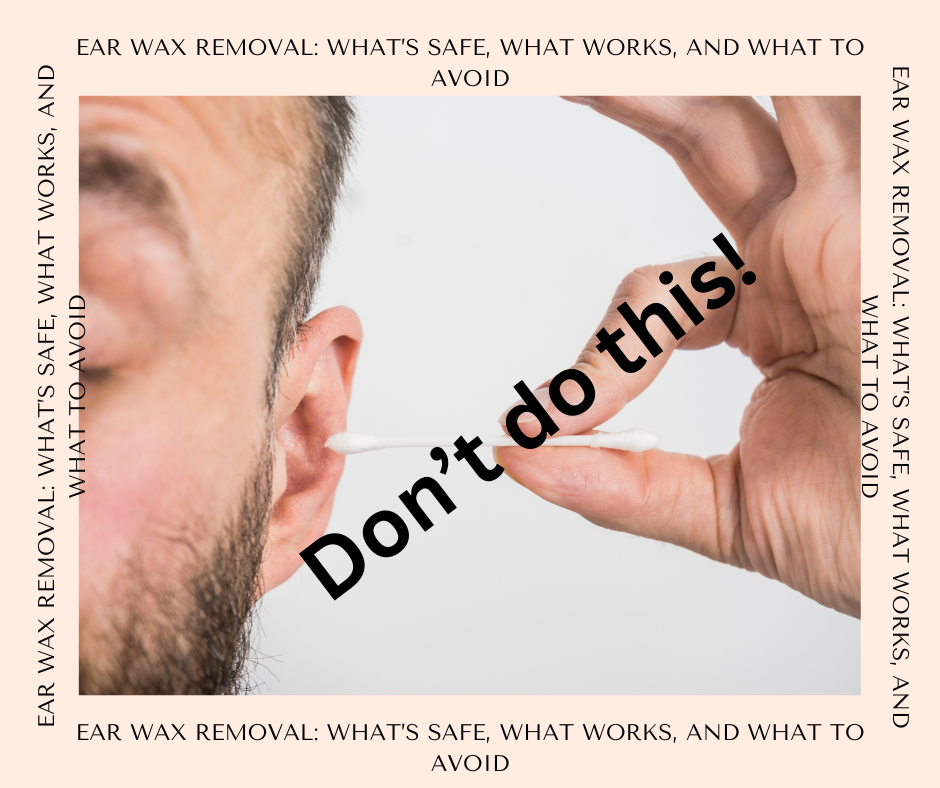
Earwax buildup can lead to discomfort, muffled hearing, and even exacerbate conditions like tinnitus and vertigo. But does removing earwax actually help with these issues? This article explores how earwax removal can impact tinnitus, hearing, and sinus health, as well as the potential risks like dizziness, infection, and hearing damage. Learn when earwax removal might improve symptoms — and when it could potentially make things worse. Whether you're dealing with tinnitus or just curious about ear health, this guide will help you understand the pros and cons of earwax removal.
November 29th, 2024

Adhering to your medication schedule is crucial for managing your health effectively, but staying on track can be challenging. At Easons Pharmacy, we offer practical tips, tools like pill organisers, and services such as medicine synchronisation to help you stay on top of your prescriptions. Visit us today to learn how we can support your health journey!
November 22nd, 2024
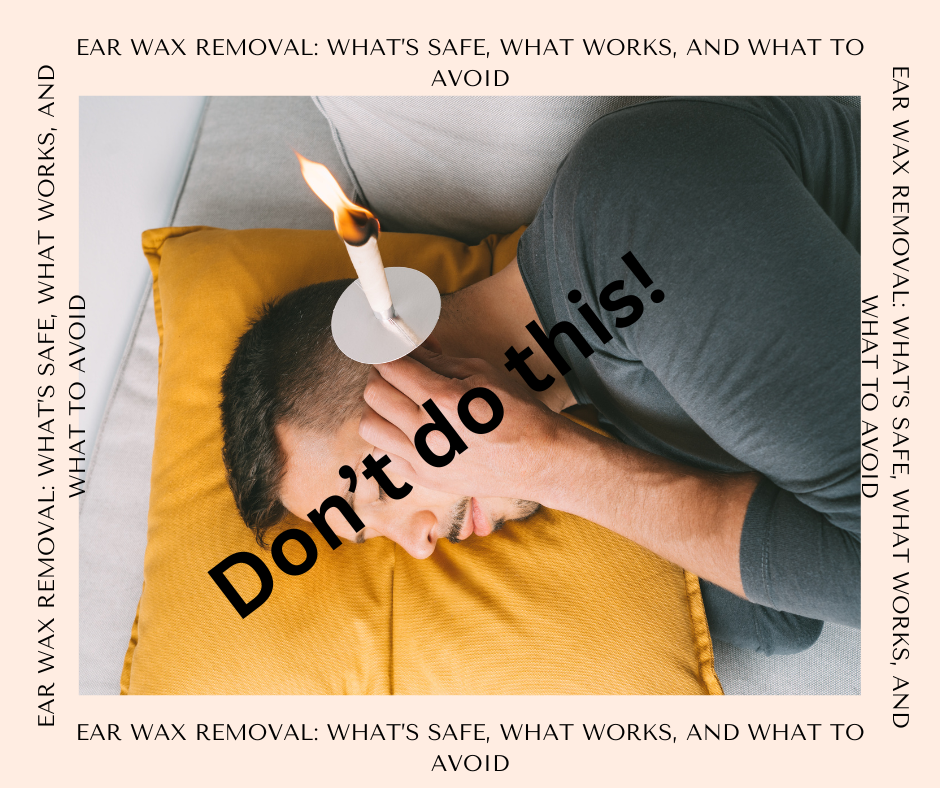
Earwax is a natural defense mechanism for our ears, but when it builds up, it can cause discomfort and hearing issues. From drops and syringes to cameras and candles, there are plenty of earwax removal options on the market — but are they safe? This guide breaks down popular earwax removal methods, their effectiveness, and the risks involved. Discover which tools and techniques are safe to use at home and when it's best to leave it to the professionals.
November 15th, 2024
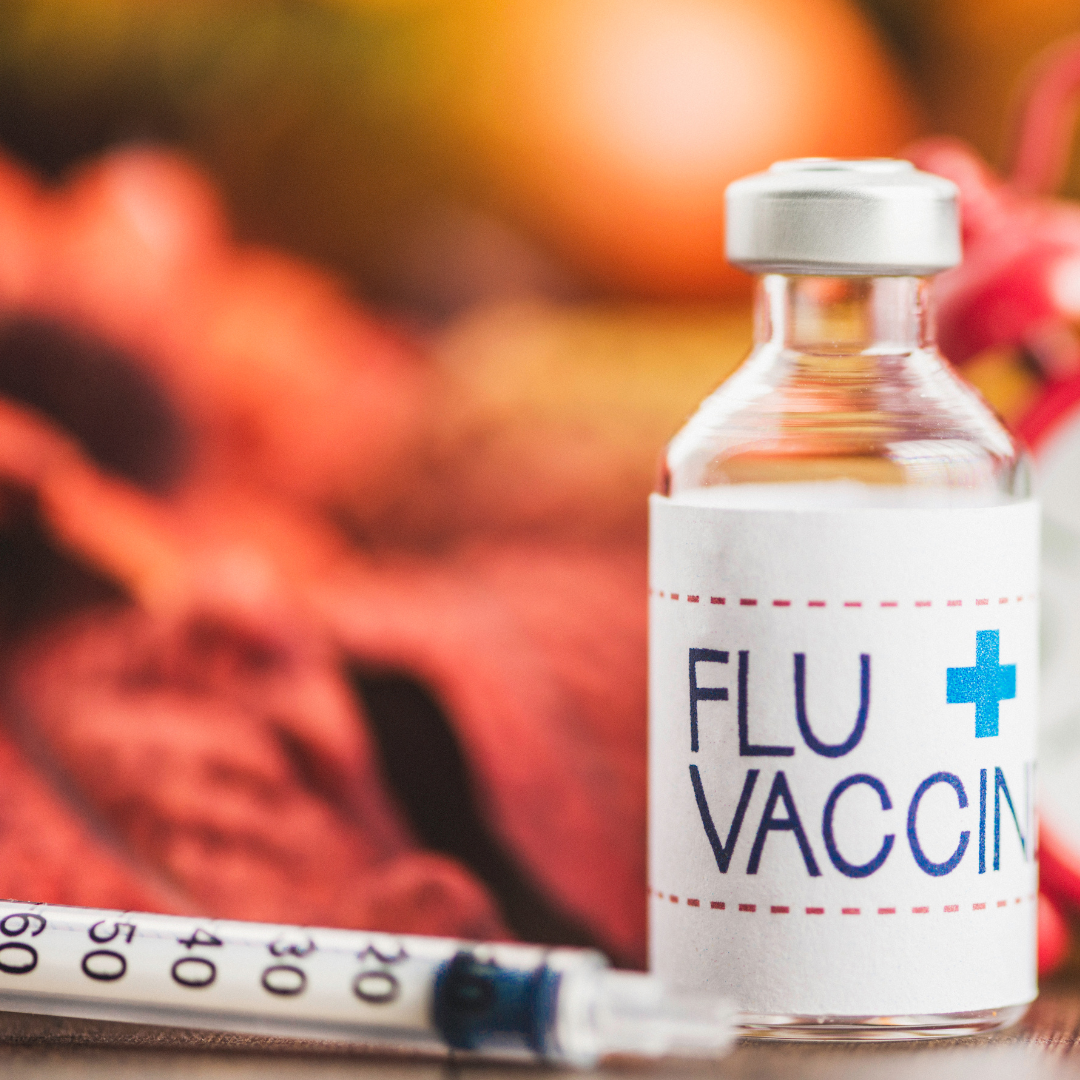
As flu season approaches, getting vaccinated is one of the most important steps you can take to protect yourself and those around you. At Easons Pharmacy, we offer quick and convenient flu shots to help reduce the spread of the virus, lower your risk of severe illness, and keep our community healthy. Don’t wait—visit us today and stay protected throughout the season!
October 27th, 2024
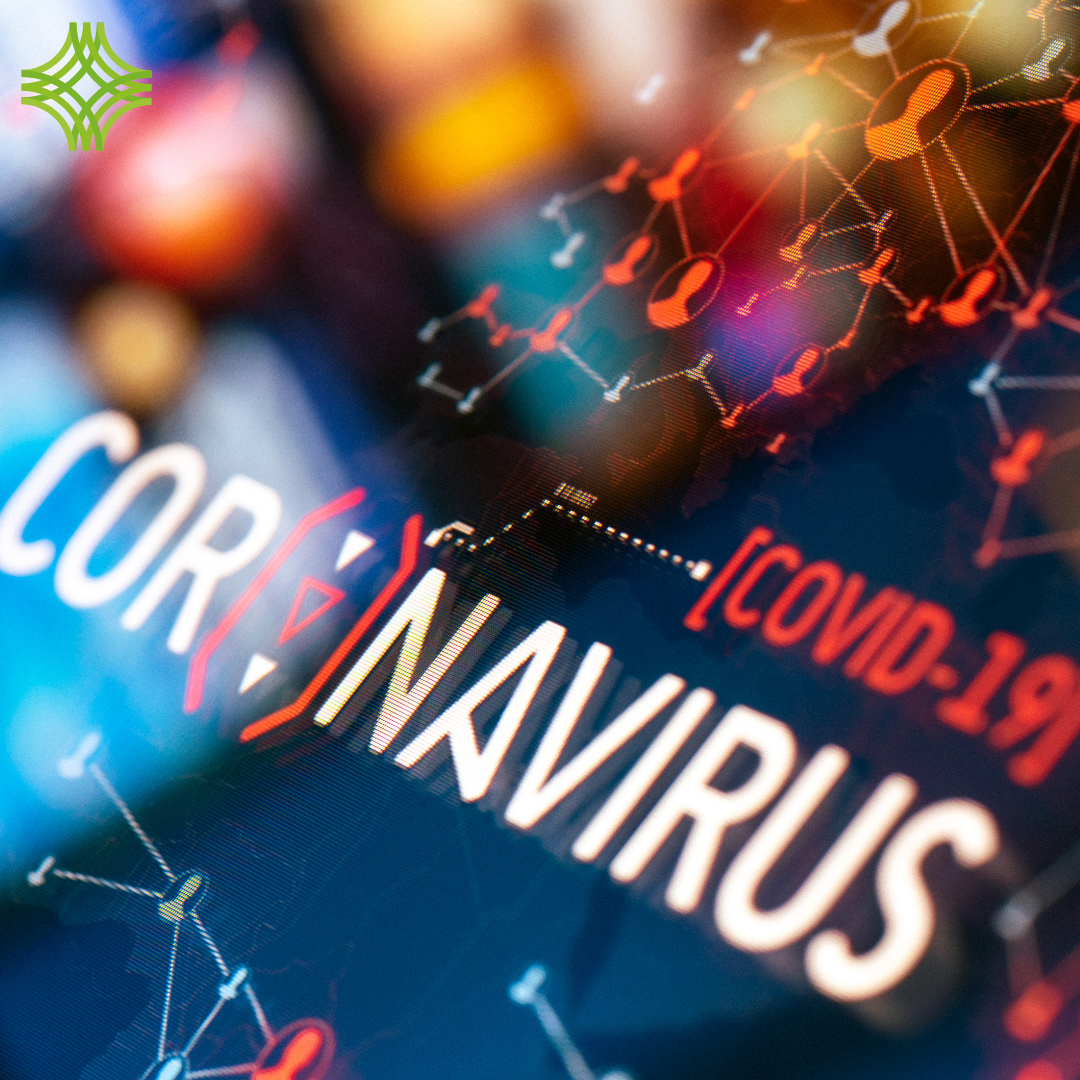
COVID-19 vaccines are one of the most effective tools we have to protect ourselves and our community. By getting vaccinated, you reduce your risk of severe illness, help prevent the spread of the virus, and contribute to achieving herd immunity. At Easons Pharmacy, we’re committed to keeping you safe and healthy—schedule your COVID-19 vaccination with us today and be part of the solution to end this pandemic!
September 27th, 2024
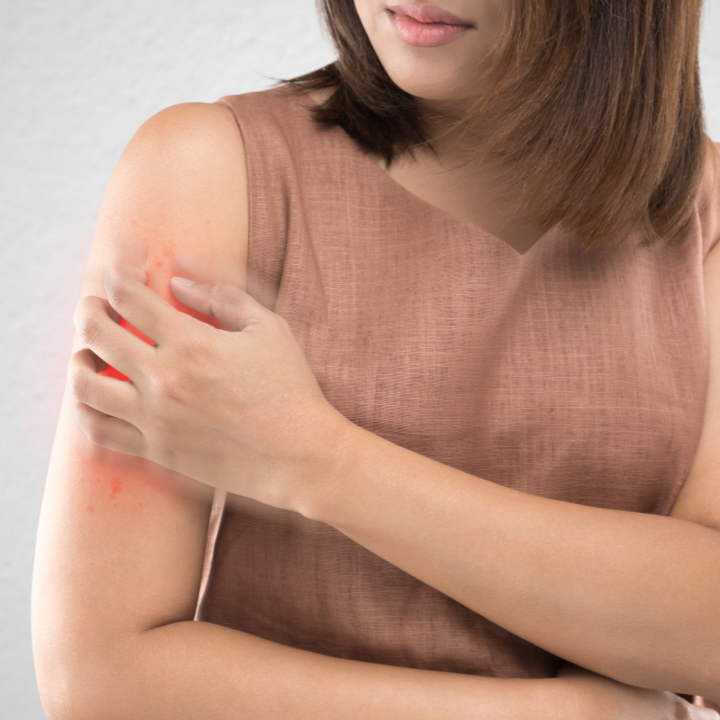
Summer brings warm weather, outdoor activities, and unfortunately, pesky insects. While insect bites are common and usually harmless, they can sometimes become infected, leading to discomfort and potential complications. In this blog post, we'll discuss how to identify infected insect bites, steps for prompt treatment, and strategies for preventing infections in the future. Identifying Infected Insect Bites: Infected insect bites can present with various symptoms, including: Increased redness and swelling: While some degree of redness and swelling is normal after an insect bite, a sudden increase in these symptoms may indicate an infection. Pain or tenderness: Infected bites may become more painful or tender to the touch compared to non-infected bites. Warmth around the bite: The skin surrounding an infected bite may feel warm to the touch. Pus or drainage: Infected bites may ooze pus or other fluids, indicating the presence of bacteria. Fever or chills: In severe cases, an infection from an insect bite may cause systemic symptoms such as fever or chills. Treatment of Infected Insect Bites: If you suspect an insect bite has become infected, it's essential to seek prompt treatment. Here are some steps you can take: Clean the area: Wash the affected area with soap and water to remove any dirt, debris, or bacteria. Apply a topical steroid cream: to reduce inflamation Take an Antihistamine Seek medical attention if necessary: If the infection is severe or if you develop systemic symptoms such as fever, consult with a healthcare professional for further evaluation and treatment. You may require oral antibiotics or other interventions to resolve the infection. Preventing Infections from Insect Bites: Prevention is key to avoiding complications from insect bites. Here are some tips to help prevent infections: Avoid scratching: Scratching insect bites can break the skin and introduce bacteria, increasing the risk of infection. Instead, apply a cold compress or anti-itch cream to relieve itching. Use insect repellent: Apply insect repellent containing DEET or picaridin to exposed skin to help prevent insect bites. Wear protective clothing: When spending time outdoors, especially in areas with high insect activity, wear long sleeves, pants, and closed-toe shoes to reduce the risk of bites. Avoid known insect habitats: Be mindful of areas where insects are commonly found, such as stagnant water or heavily wooded areas, and take precautions to avoid bites. Infected insect bites can be uncomfortable and potentially serious if left untreated. By recognising the signs of infection, seeking prompt treatment, and taking steps to prevent insect bites in the first place, you can protect yourself and your loved ones from the risks associated with infected insect bites. If you have concerns about an infected insect bite or need advice on prevention strategies, don't hesitate to consult with Easons Pharmacy or healthcare provider for guidance. With proper care and attention, you can enjoy the outdoors safely and minimize the risk of insect bite complications.
August 23rd, 2024
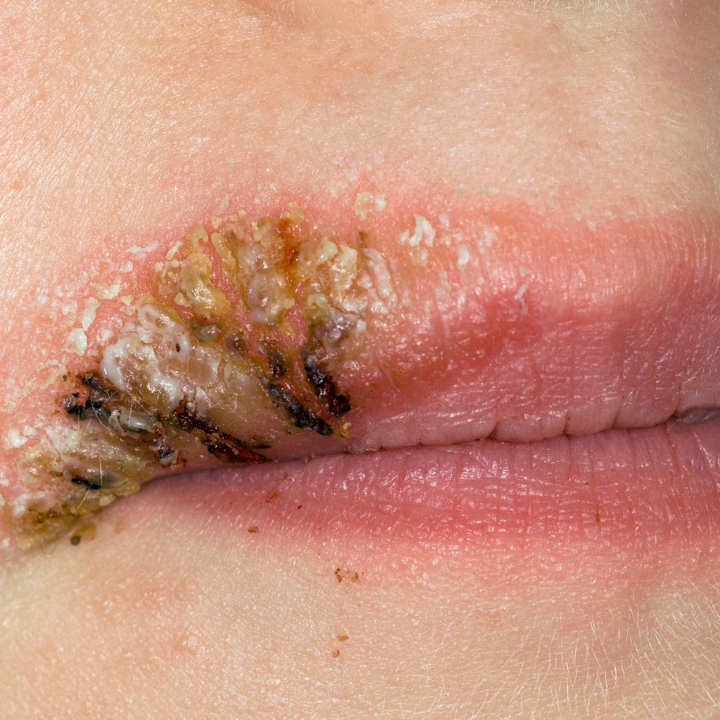
Skin infections can be uncomfortable and concerning, especially when they affect common areas like the face. One such infection that often occurs in children but can affect anyone is impetigo. While typically not serious, impetigo can be unpleasant and may require treatment to prevent further spread and complications. In this blog post, we'll explore impetigo in detail, including its causes, symptoms, and available treatment options. What is Impetigo? Impetigo is a highly contagious bacterial skin infection that primarily affects the superficial layers of the skin. It is most commonly caused by the bacteria Staphylococcus aureus or Streptococcus pyogenes, which can enter the skin through cuts, scrapes, or insect bites. Impetigo is more prevalent in children, but it can occur in individuals of any age. Causes of Impetigo: Impetigo is typically caused by one of two types of bacteria: Staphylococcus aureus: This bacterium is commonly found on the skin and in the nasal passages. It can cause impetigo when it enters the skin through breaks in the skin barrier. Streptococcus pyogenes: Also known as group A Streptococcus, this bacterium is another common cause of impetigo. It can also cause other infections such as strep throat and cellulitis. Symptoms of Impetigo: The symptoms of impetigo can vary depending on the type of infection and the severity. Common symptoms include: Red sores or blisters: These may rupture and ooze fluid, forming a yellowish-brown crust. Itching: The affected area may be itchy, particularly as the blisters heal. Treatment Options for Impetigo: Treatment for impetigo typically involves topical or oral antibiotics to eliminate the bacterial infection. Some common treatment options include: Topical antibiotics: Antibiotic ointments or creams are often prescribed to apply directly to the affected area multiple times a day until the infection clears. Oral antibiotics: In more severe cases or when impetigo is widespread, oral antibiotics may be prescribed to help clear the infection from within. Proper hygiene: Keeping the affected area clean and avoiding scratching or picking at the sores can help prevent further spread of the infection. Avoiding close contact: Individuals with impetigo should avoid close contact with others until the infection has cleared to prevent spreading it to others. Preventing Impetigo: While impetigo can be difficult to prevent entirely, there are steps you can take to reduce the risk of developing the infection: Practice good hygiene: Regular handwashing, especially after touching the affected area, can help prevent the spread of impetigo. Keep cuts and scrapes clean: Promptly clean and cover any cuts, scrapes, or insect bites to prevent bacteria from entering the skin. Avoid sharing personal items: Avoid sharing towels, clothing, or other personal items with individuals who have impetigo to reduce the risk of transmission. Impetigo is a common bacterial skin infection that can cause discomfort and inconvenience, particularly in children. However, with proper treatment and hygiene practices, impetigo can typically be managed effectively. If you suspect you or your child may have impetigo, it's essential to consult with a healthcare professional such as at Easons Pharmacy for an accurate diagnosis and appropriate treatment. With prompt intervention and proper care, impetigo can be resolved, allowing you to enjoy healthy, clear skin once again.
July 19th, 2024
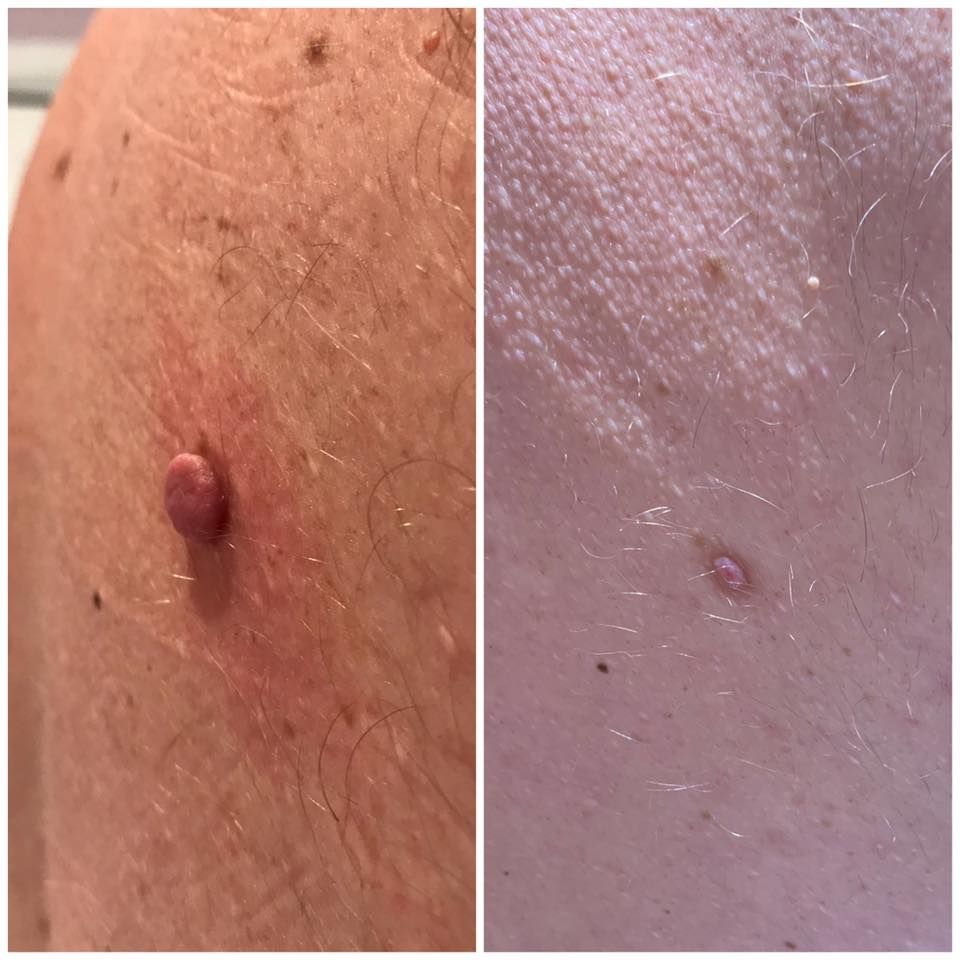
Skin tags and warts are common skin conditions that can be both unsightly and bothersome. While they are typically harmless, many individuals seek methods to remove them for cosmetic reasons or to alleviate discomfort. One increasingly popular solution for eliminating these nuisances is cryotherapy. In this blog post, we'll delve into what cryotherapy is, how it works for skin tag and wart removal, its benefits, and potential considerations. Understanding Cryotherapy Cryotherapy, also known as cryosurgery, involves the use of extremely cold temperatures to freeze and destroy abnormal skin tissue, including skin tags and warts. Liquid nitrogen is commonly used in cryotherapy treatments due to its ability to rapidly cool the targeted area. How Cryotherapy Works During a cryotherapy session, the healthcare provider applies liquid nitrogen directly to the skin tag or wart using a specialized applicator. The extreme cold causes the affected tissue to freeze, leading to cell damage and eventual shedding. The procedure is relatively quick and typically does not require anesthesia. Benefits of Cryotherapy for Skin Tag and Wart Removal: Non-invasive: Cryotherapy is a minimally invasive procedure that does not involve cutting or incisions, making it suitable for individuals who prefer less invasive treatment options. Quick procedure: Most cryotherapy sessions last only a few minutes, allowing patients to resume their daily activities shortly after treatment. High success rate: Cryotherapy has been shown to be effective in removing skin tags and warts, with many patients experiencing complete removal after just one session. Minimal scarring: Unlike surgical removal methods, cryotherapy typically results in minimal scarring or discoloration of the skin, making it an attractive option for cosmetic concerns. Considerations for Cryotherapy While cryotherapy is generally safe and well-tolerated, there are some factors to consider before undergoing treatment: Potential discomfort: Some patients may experience mild discomfort or stinging during the procedure as the skin freezes. Multiple sessions may be needed: In some cases, multiple cryotherapy sessions may be required to achieve complete removal of stubborn skin tags or warts. Risk of skin damage: Although rare, there is a small risk of skin damage, including blistering or pigment changes, following cryotherapy treatment. Cryotherapy offers a convenient and effective solution for removing skin tags and warts without the need for surgery or extensive recovery time. If you're considering cryotherapy for skin tag or wart removal, be sure to consult with a qualified healthcare provider to determine if it's the right option for you. With proper care and guidance, cryotherapy can help you achieve smoother, clearer skin and boost your confidence.
June 14th, 2024

As the sun graces us with its warm embrace and temperatures soar during the summer months, it's essential to be mindful of how your medications can interact with the sun. Your health and well-being are of utmost importance, and understanding the nuances of medication and sun exposure can help you make informed choices.
June 1st, 2024

Weight management is a crucial aspect of overall health, but for many individuals, traditional methods like diet and exercise might not be enough. In recent years, prescription weight loss injections have emerged as a potent tool to assist those struggling with obesity. One of the most talked-about medications in this category is Wegovy. In this blog post, we will delve into what Wegovy is, how it works, its benefits, and considerations for its use.
May 31st, 2024

In recent years, the role of community pharmacies has expanded beyond simply dispensing medications. These local healthcare hubs now offer a wide range of services aimed at providing accessible and convenient support for various health concerns. One such initiative is the NHS Pharmacy First Service, a valuable resource that empowers patients to seek timely advice and treatment for minor ailments without the need for a doctor's appointment. In this blog post, we'll explore the NHS Pharmacy First Service, its benefits, and how it enhances healthcare accessibility for individuals across the UK. Understanding the NHS Pharmacy First Service: The NHS Pharmacy First Service, is an initiative introduced by the National Health Service (NHS) to provide patients with easy access to expert advice and treatment for common minor health conditions. Common Conditions Covered: The NHS Pharmacy First Service covers a wide range of minor ailments and health concerns, including but not limited to: Ear ache Sore throat Impetigo Infected insect bites Shingles Sinusitis Urinary tract infections (UTIs) Benefits of the NHS Pharmacy First Service: Convenience: With over 11,000 community pharmacies across England, the NHS Pharmacy First Service offers convenient access to healthcare advice and treatment without the need for an appointment. Expert advice: Pharmacists are highly trained healthcare professionals who can provide expert advice on managing minor health conditions, including recommending over-the-counter medications and lifestyle modifications. Time-saving: By visiting a local pharmacy for minor health concerns, patients can save time and avoid lengthy waits for a GP appointment, particularly for non-urgent issues. Cost-effective: The NHS Pharmacy First Service is free of charge for eligible patients, helping to reduce the financial burden associated with seeking healthcare support for minor ailments. Holistic care: Pharmacists take a holistic approach to patient care, addressing not only the immediate health concern but also providing education and support to promote overall health and well-being. How to Access the NHS Pharmacy First Service: Accessing the NHS Pharmacy First Service is simple: Visit Easons pharmacy and speak to the pharmacist about your symptoms or health concerns. Consultation with the pharmacist: The pharmacist will assess your symptoms and provide appropriate advice, treatment, or referral to a GP if necessary. Receive treatment: If suitable, the pharmacist may supply over-the-counter medications or recommend lifestyle changes to help manage your condition. The NHS Pharmacy First Service plays a crucial role in improving healthcare accessibility and empowering patients to take control of their health. By providing convenient access to expert advice and treatment for minor ailments, this initiative helps alleviate pressure on GP services and ensures that individuals receive timely support for their health concerns. If you're experiencing a minor health issue, don't hesitate to visit your local pharmacy and take advantage of the NHS Pharmacy First Service – your trusted partner in accessible healthcare support.
May 17th, 2024

Stuart Eason has retired after five decades A BELOVED pharmacist who has served the community of Tamworth for five decades has retired proudly saying: I feel I've done more than enough.
March 27th, 2024
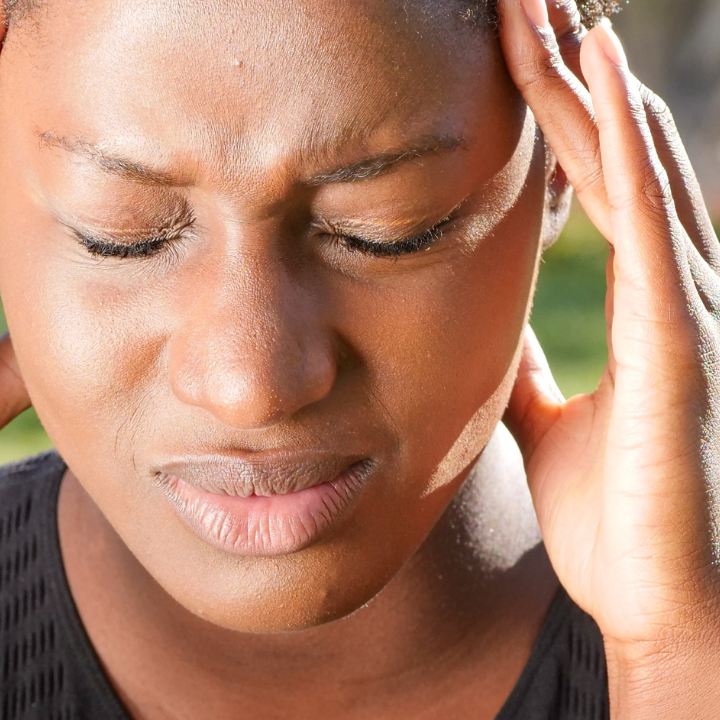
Migraines are more than just headaches; they are complex neurological disorders that can significantly impact an individual's quality of life. From debilitating pain to sensory disturbances, migraines present a wide range of symptoms that can vary from person to person. In this blog post, we'll explore the causes of migraines, common triggers, symptoms, and available treatment options to help you better understand and manage this condition. What Are Migraines? Migraines are a type of headache characterized by intense, throbbing pain typically felt on one side of the head. They are often accompanied by other symptoms such as nausea, vomiting, sensitivity to light and sound, and visual disturbances. Migraines can last anywhere from a few hours to several days and can be disabling for those who experience them. Common Triggers While the exact cause of migraines is not fully understood, certain triggers can precipitate an attack in susceptible individuals. Common migraine triggers include: Hormonal changes: Fluctuations in estrogen levels, such as those occurring during menstruation, pregnancy, or menopause, can trigger migraines in some individuals. Dietary factors: Certain foods and beverages, such as aged cheeses, chocolate, caffeine, and alcohol, may trigger migraines in susceptible individuals. Environmental factors: Bright lights, loud noises, strong smells, and changes in weather or barometric pressure can trigger migraines in some people. Stress: Emotional stress, anxiety, and tension can trigger or exacerbate migraines in many individuals. Symptoms of Migraines Migraine symptoms can vary from person to person and may include: Throbbing or pulsating pain, often on one side of the head Sensitivity to light, sound, or smells Nausea and vomiting Visual disturbances, such as seeing flashing lights or zigzag lines (aura) Tingling or numbness in the face or extremities Difficulty concentrating or speaking Treatment Options While there is no cure for migraines, several treatment options are available to help manage symptoms and reduce the frequency and severity of attacks. These may include: Over-the-counter pain relievers: Nonprescription medications such as ibuprofen, acetaminophen, or aspirin may provide relief for mild to moderate migraines. Prescription medications: Triptans, ergotamines, and other prescription medications may be prescribed to relieve moderate to severe migraines or to prevent future attacks. We can prescribe these in our pharmacy. Lifestyle modifications: Avoiding known triggers, practicing stress management techniques, maintaining a regular sleep schedule, and staying hydrated can help reduce the frequency and severity of migraines. Alternative therapies: Acupuncture, massage therapy, biofeedback, and relaxation techniques may provide relief for some individuals with migraines. Migraines are a common and often debilitating condition that affects millions of people worldwide. By understanding the causes, triggers, symptoms, and available treatment options, individuals can better manage their migraines and improve their overall quality of life. If you experience frequent or severe migraines, be sure to consult with a healthcare professional for an accurate diagnosis and personalized treatment plan tailored to your needs. With the right approach, migraines can be effectively managed, allowing you to regain control and enjoy life to the fullest.
March 22nd, 2024
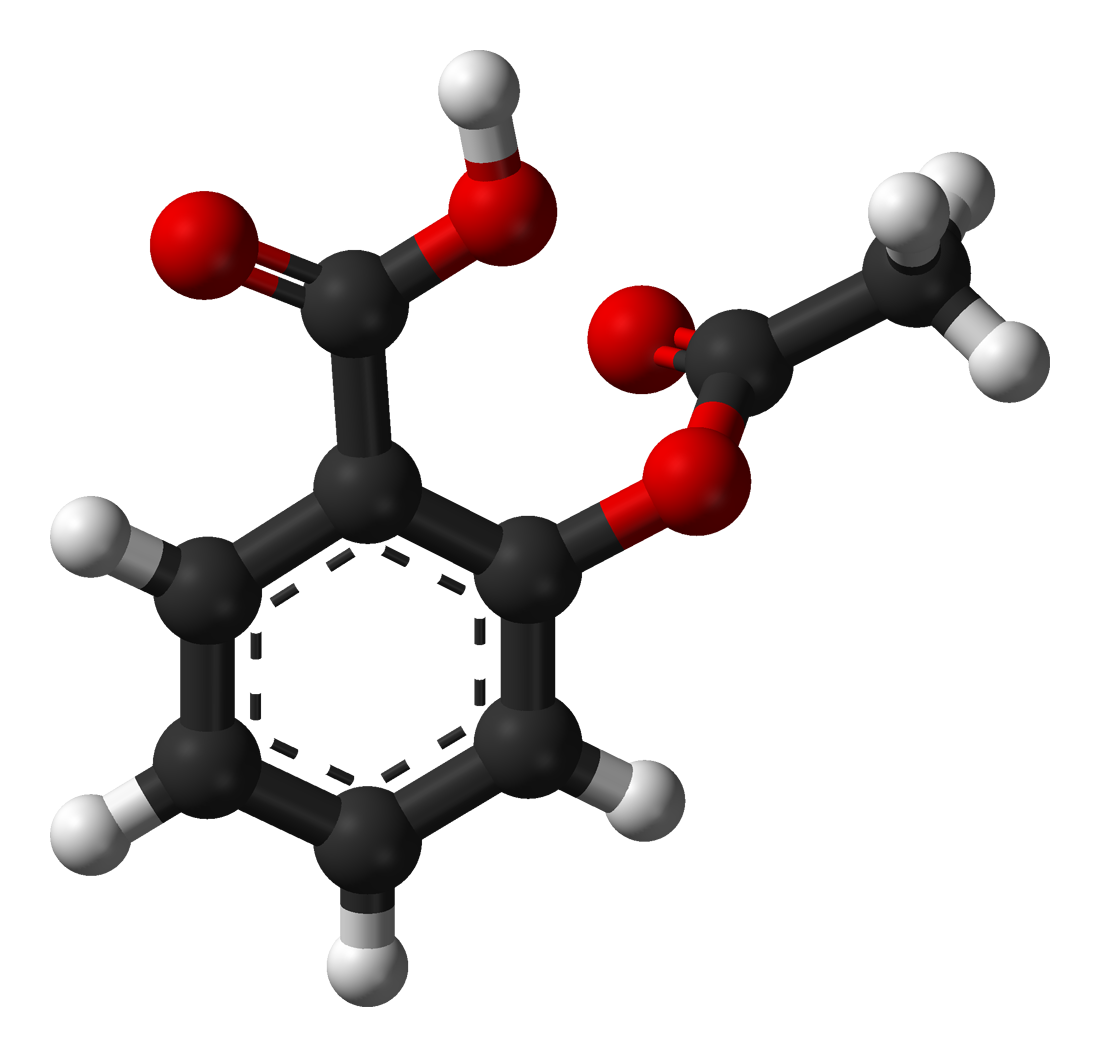
Aspirin, the tiny white tablet found in almost every medicine cabinet, has a history that spans centuries. Its story is one of innovation, scientific discovery, and enduring medical impact. In this blog post, we'll take a journey through time to uncover the fascinating history of aspirin.
March 9th, 2024
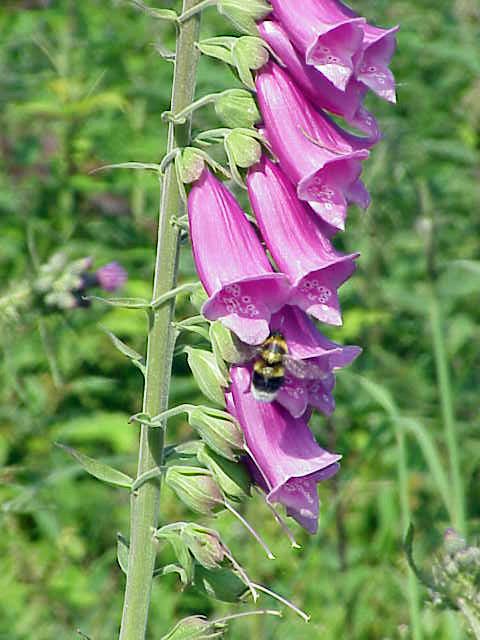
The history of medicine is replete with stories of remarkable discoveries and groundbreaking treatments that have transformed the way we approach various health conditions. Digoxin, a medication derived from the foxglove plant, stands as one of those significant breakthroughs. In this blog post, we will embark on a journey through time to explore the captivating history of Digoxin.
February 24th, 2024
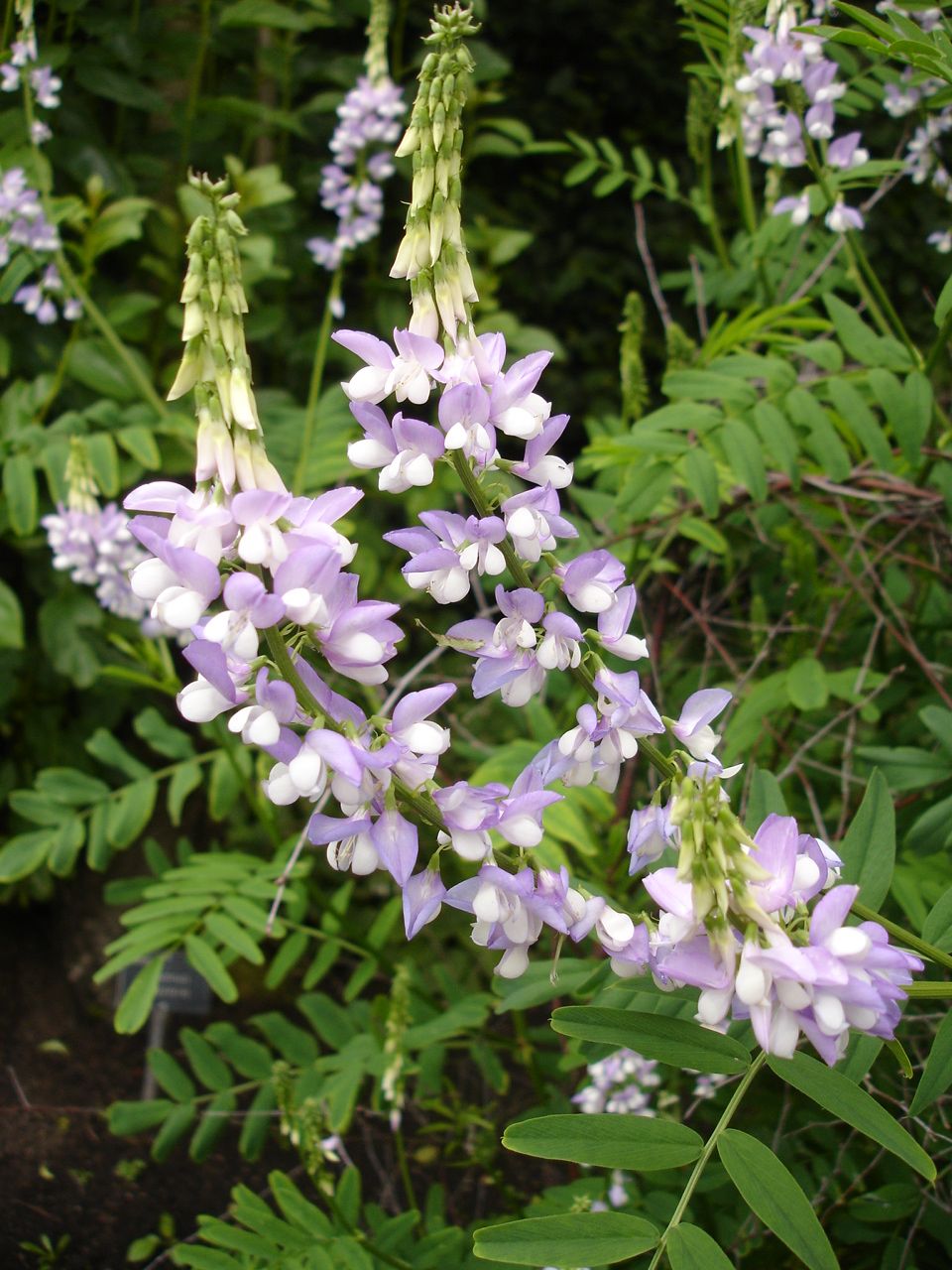
Metformin, a widely prescribed medication for managing type 2 diabetes, has a rich history dating back thousands of years. Its evolution from a plant extract to a cornerstone of modern diabetes care is a fascinating tale of scientific discovery and persistence. In this blog post, we'll explore the captivating history of metformin.
January 19th, 2024

As we go through the winter months, it is important to look after our health. Over the winter, then cases of cold and flu increase, and these can be worse in those that are more vulnerable to theeffects of the cold weather.
December 15th, 2023
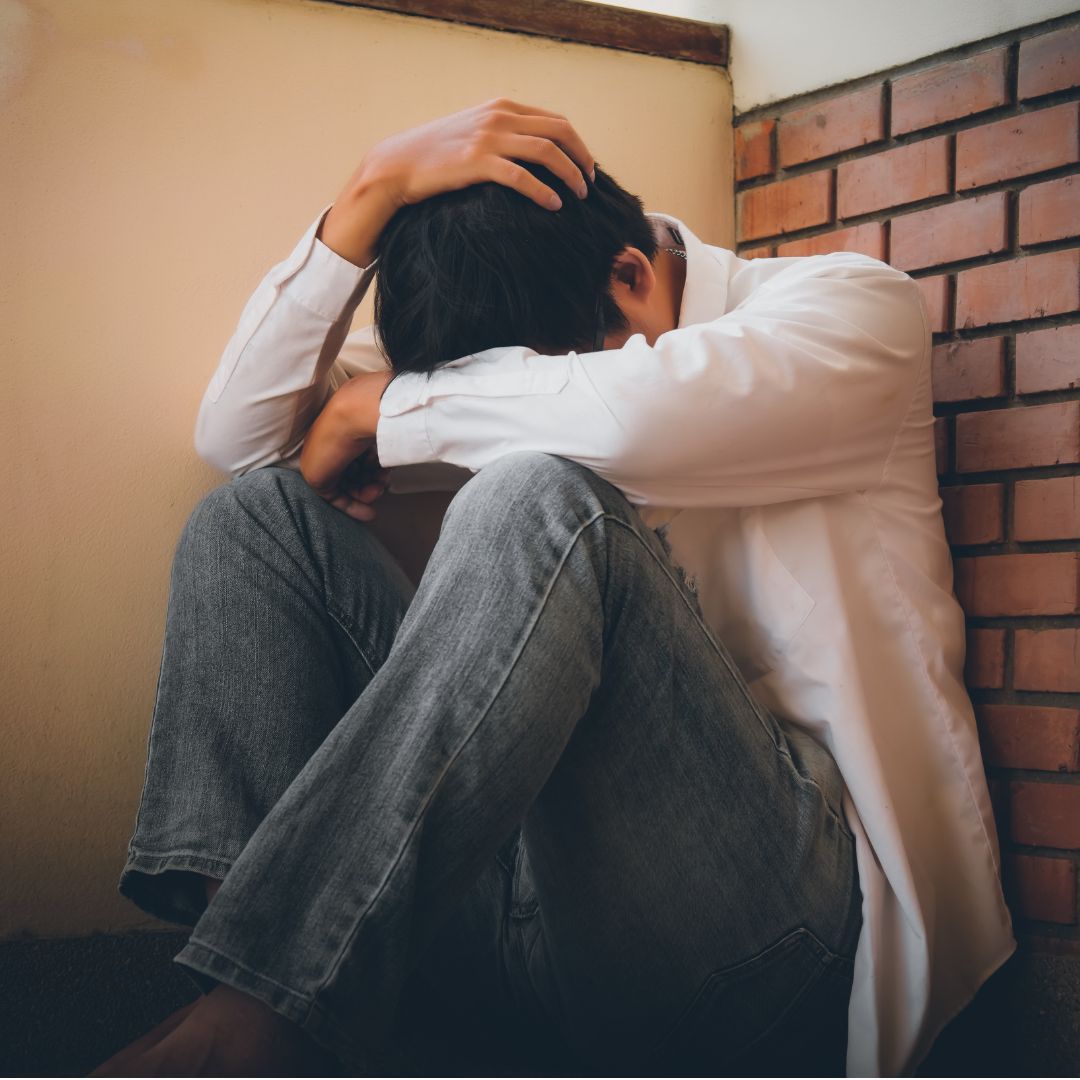
Feeling low or experiencing moments of sadness is a part of life, but when these feelings persist for two weeks or longer, or begin to impact daily life, it may be a sign of depression. It's not always easy for those who are depressed to recognise or admit their condition. Often, it's family members, friends, or caregivers who first notice the need for help. If you find yourself in such a situation, here's how you can provide support and help someone dealing with depression
December 2nd, 2023
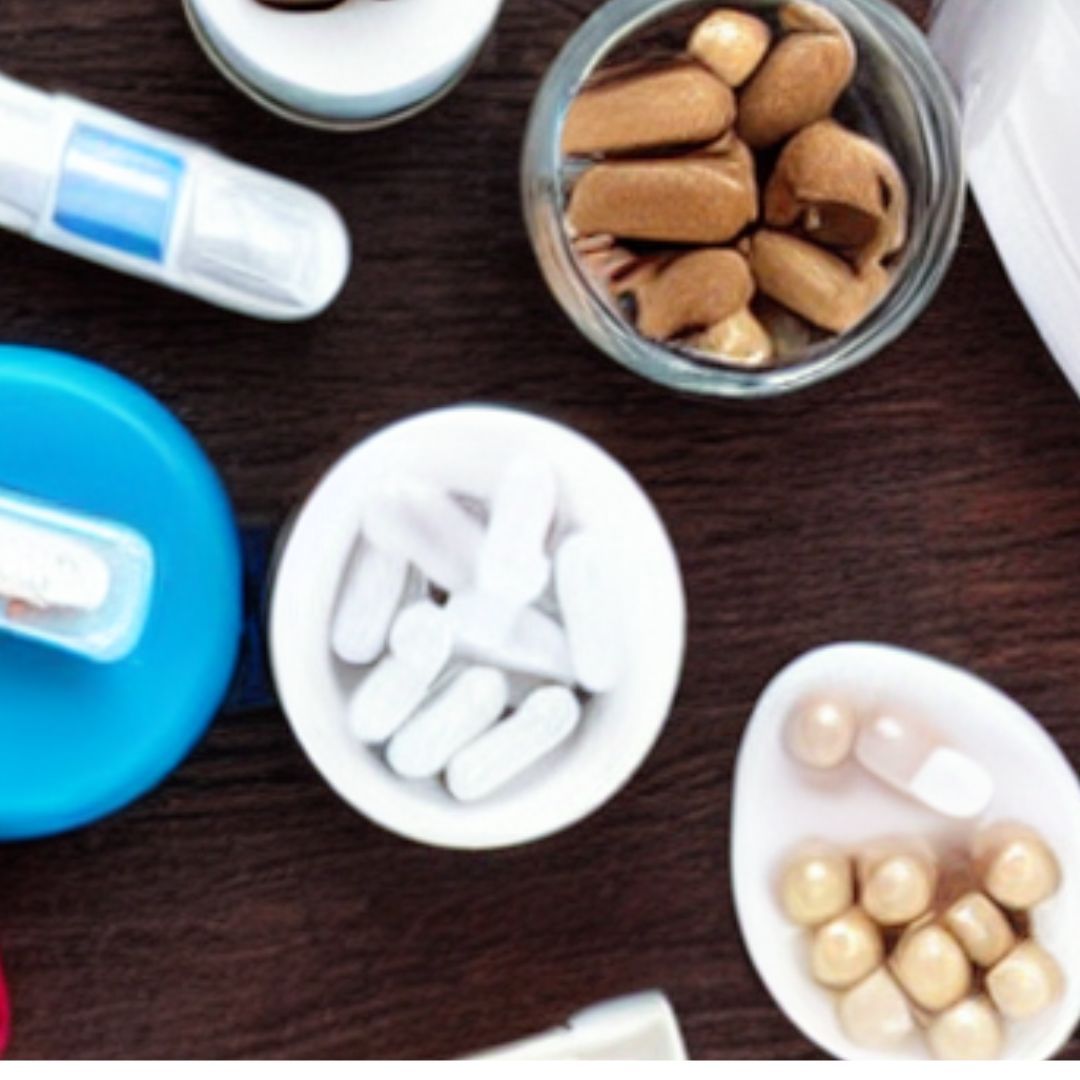
Imagine this scenario: you develop an infection, and your doctor prescribes antibiotics. However, you refuse the penicillin prescription, believing you're allergic to it. Instead, you receive an alternative antibiotic that may not be as effective, potentially prolonging your recovery and increasing your risk of hospitalization. It's a situation that happens more often than you might think.
November 18th, 2023
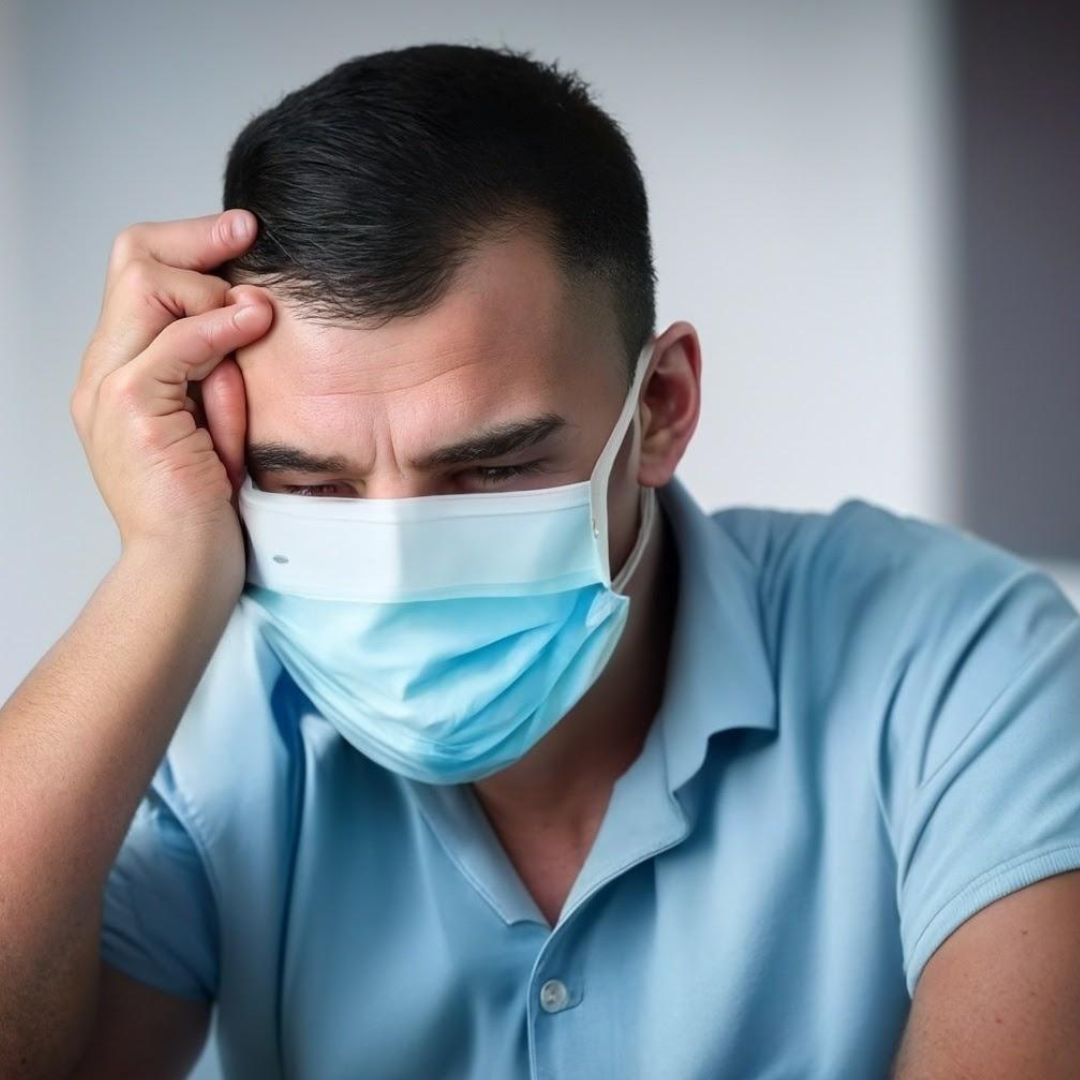
As the leaves begin to fall and the air turns crisp, the annual flu season approaches. While it might be tempting to shrug off the idea of getting a flu vaccination, there are compelling reasons why you should roll up your sleeve and protect yourself. In this blog post, we'll explore the top benefits of getting your flu vaccination.
October 25th, 2023

Our ears are incredible self-cleaning machines, but sometimes, they need a little help. Ear wax, medically known as cerumen, serves an important purpose in protecting our ears. However, when it accumulates excessively, it can lead to discomfort, reduced hearing, and even blockages. In this blog post, we'll explore various methods of ear wax removal, highlighting the safe and effective approaches you should consider.
October 19th, 2023
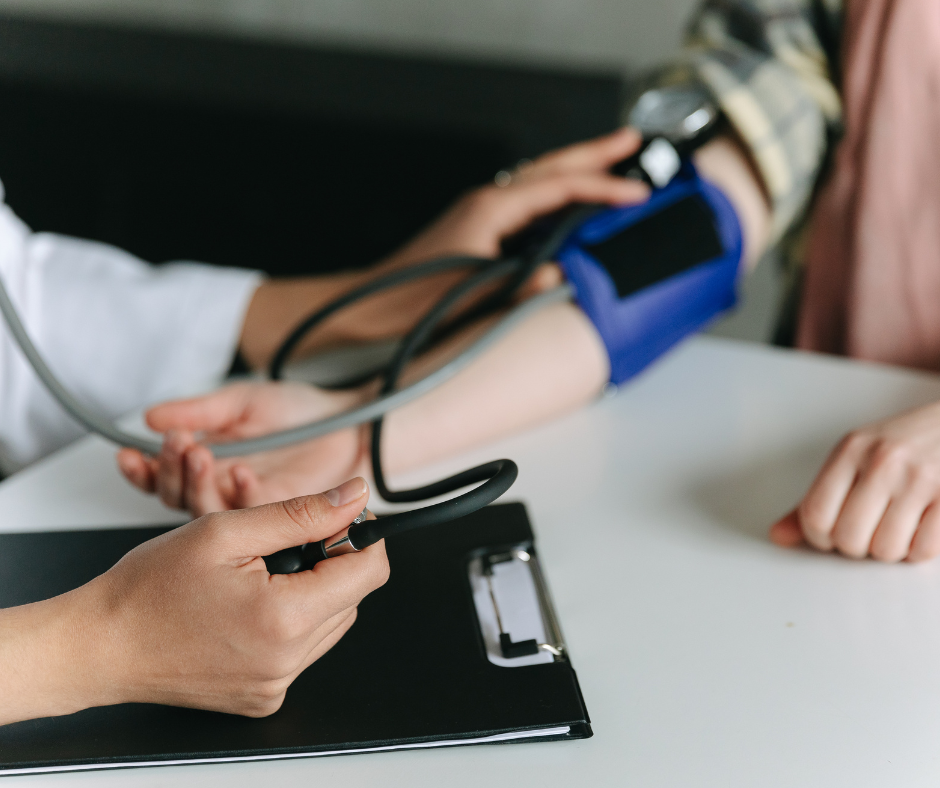
High blood pressure, also known as hypertension, is a common medical condition that affects millions of people around the world.
March 8th, 2023

Everyone aged 50 and over will be among those offered a COVID-19 booster and a flu jab this autumn under plans to increase protection against respiratory viruses ahead of winter.
August 4th, 2022
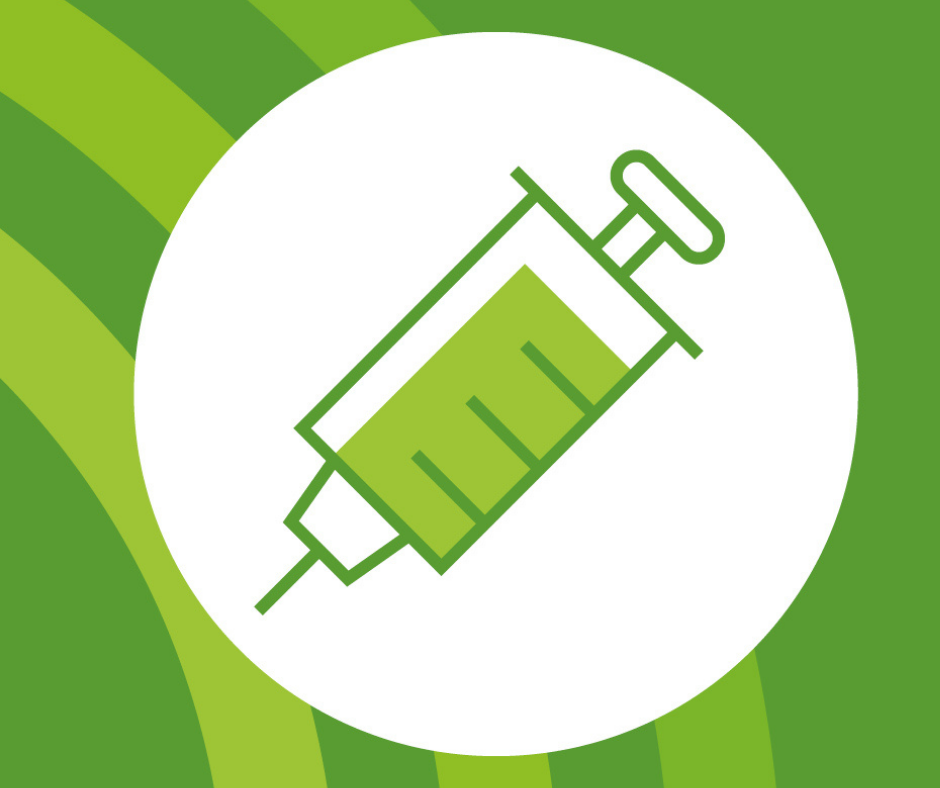
The truth behind many Covid Vaccine myths
November 20th, 2021

Obituary of Harry Eason
April 17th, 2019
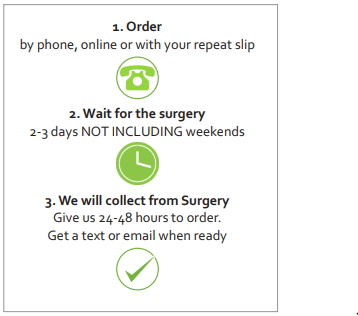
Whats the best way to order your prescription?
April 8th, 2019
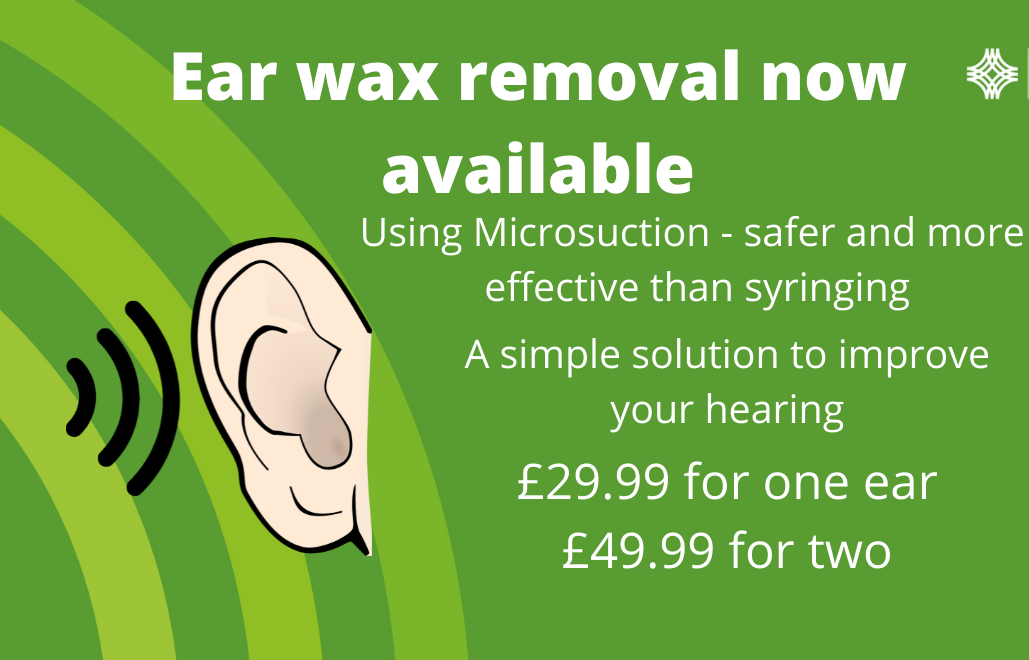
The best way to remove ear wax
November 14th, 2018
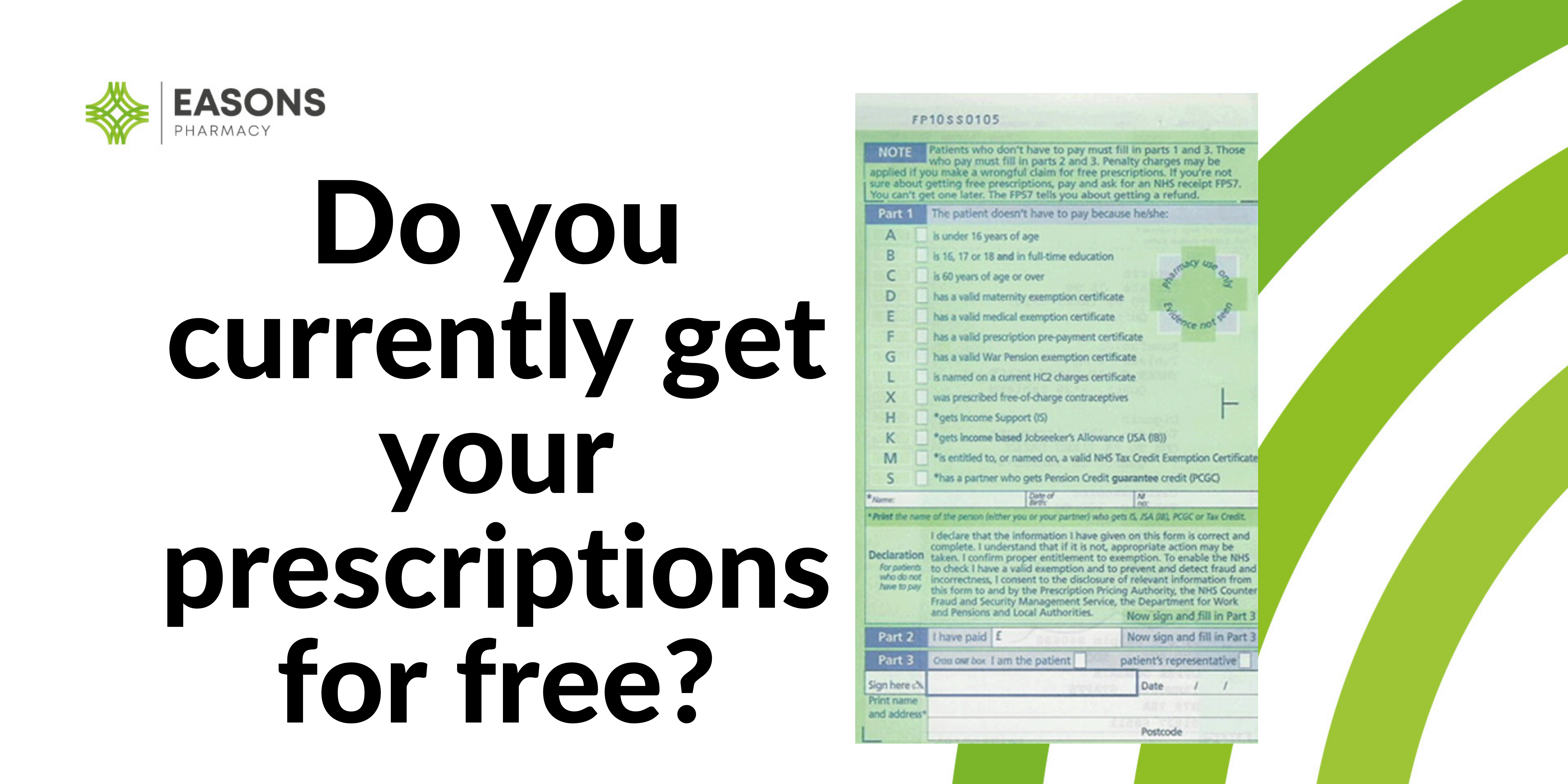
Free prescriptions for the over 60's may be coming to an end
November 13th, 2017
